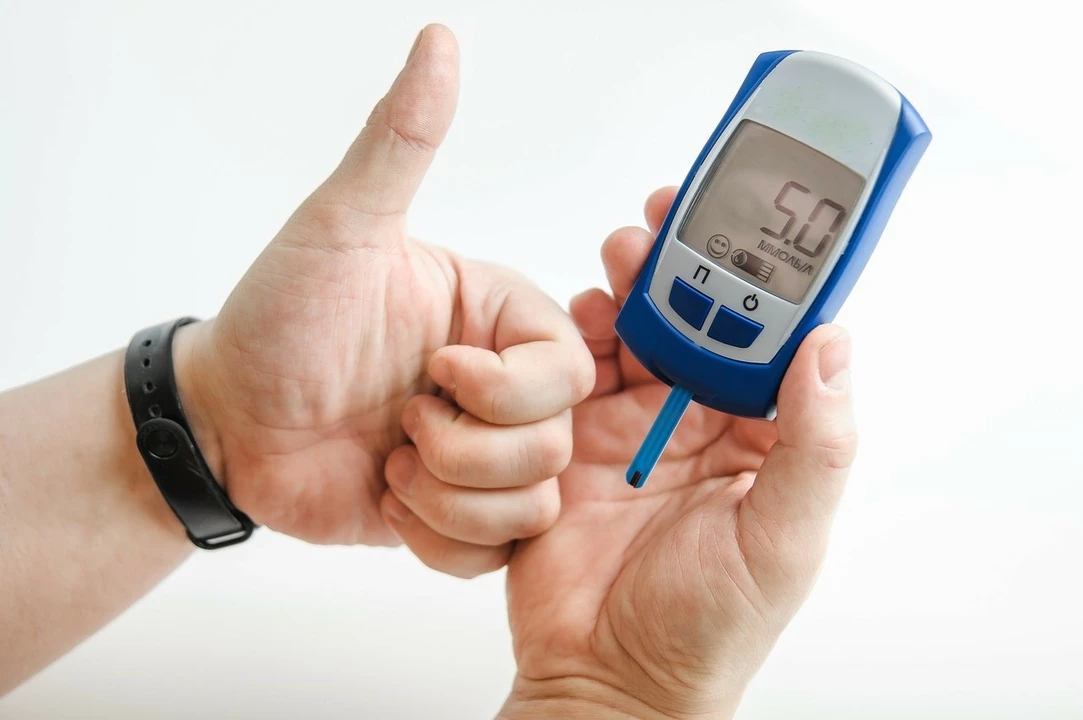Patients: Smart Medication Help & Safe Buying Tips
If you're a patient juggling prescriptions, online shopping and health advice, this page is for you. I'll give short, useful tips you can use today to buy meds safely, spot scams, manage side effects and find alternatives when a drug isn't working. No jargon - just clear steps and practical checks.
How to buy meds online safely
Start with the pharmacy's credentials: look for a visible address, licensed pharmacist contact, and verified seals like national or regional regulator logos. Read reviews, but favor long reviews with specifics over short star ratings. Check prices: unusually low costs can mean fake or expired meds. Ask for a prescription when required. Legit pharmacies will request your prescription, or offer a telehealth consult with a licensed prescriber. Confirm packaging and shipping policies. Real pharmacies list batch numbers, clear return rules, and secure shipping options. Use secure payment methods and avoid wire transfers or unknown escrow services.
Managing side effects and finding alternatives
Keep a simple medication list you can show your doctor. Include doses, times, any reactions, and other drugs or supplements you take. If you notice drowsiness, rash, stomach upset or new symptoms, stop the drug only after checking with your prescriber or pharmacist. For common issues there are safe alternatives: inhaler swaps during shortages, different antihistamines for itch, or other antidepressants when bupropion doesn’t fit. Talk through benefits and risks with your clinician. If costs are the problem, discount apps, coupons, and generic options often cut prices without lowering quality. Watch interactions: some drugs change how others work. Tell your provider about supplements, herbal products, and alcohol. Small lifestyle changes help too. Diet, sleep, stress control, exercise, and wound care can reduce pill needs or speed recovery. When to get urgent help: severe allergic reactions, trouble breathing, fainting, chest pain, or sudden swelling need immediate care. Keep records of your orders, receipts, and messages with pharmacies. That helps if a shipment is wrong or a product seems off. Quick checks before you swallow: confirm tablet shape, color, imprint, and expiry date. If anything looks different, pause and contact the seller or pharmacist. Use community resources: patient forums, official regulator sites, and support groups for specific conditions. They can point to trusted articles, nearby clinics, and cheaper legal sources. Final note: your safety matters. Ask questions, keep a clear list, and don't hesitate to switch providers if you need better care.
On this patients page you'll find real guides like how to spot safe online pharmacies, steps to buy common drugs like Lisinopril, Cefdinir or Antivert, and plain guides about drug uses such as Nexium, Dilantin, and metformin alternatives. You'll also find tips for switching drugs, dealing with shortages, safe ordering steps, and natural supplements when appropriate. If you want a quick answer about a medication, search the article list or contact a pharmacist through the site. Bookmark this tag for quick checks and come back when you need plain med answers right away.
As a patient, it's crucial to understand the relationship between Deflazacort and diabetes. Deflazacort, a corticosteroid, can potentially affect blood sugar levels, making it essential for diabetic patients to monitor their condition closely. It is important to discuss any concerns with your healthcare provider before starting Deflazacort treatment. Remember to keep track of your blood sugar levels and report any significant changes to your doctor. Together, you and your healthcare team can make the best decision for your treatment plan.

